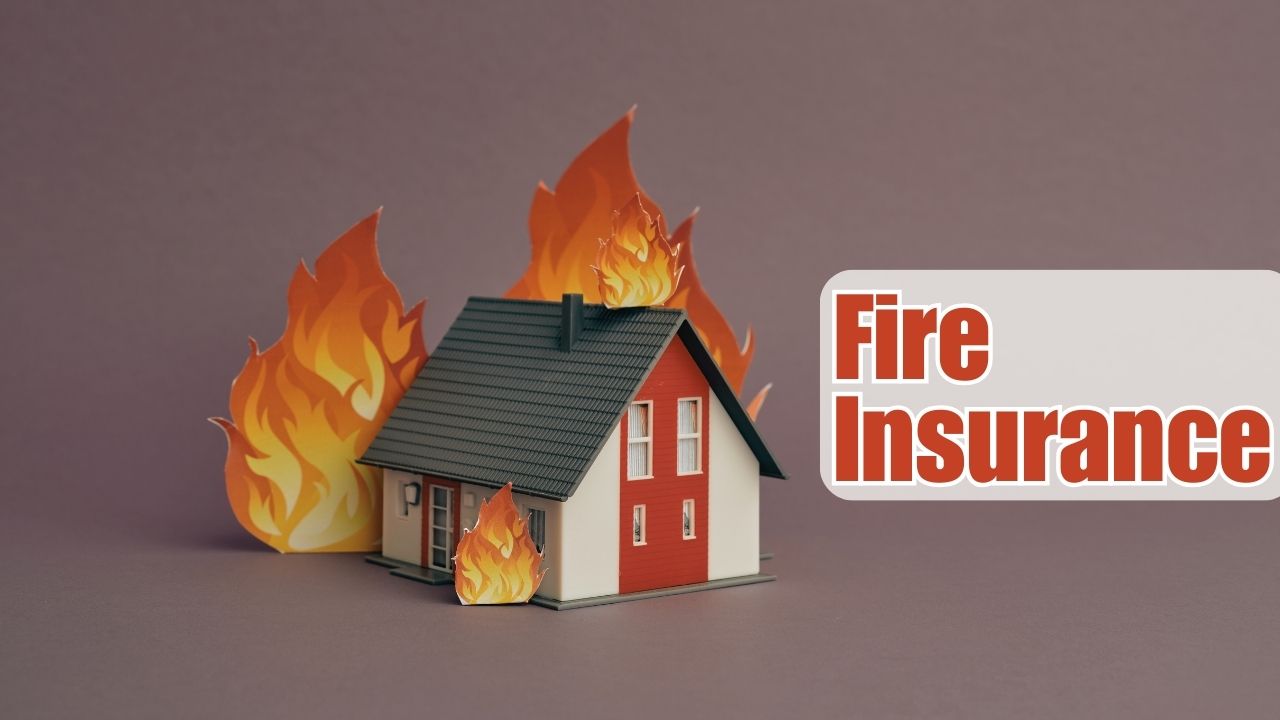In a world where unexpected disasters can strike at any moment, safeguarding your property against fire damage is a prudent decision. Fire insurance serves as a crucial financial shield, offering protection and peace of mind in the face of potential devastation. This comprehensive guide aims to demystify fire insurance, elucidating its significance, coverage details, frequently asked questions, and its indispensable benefits.
What is Fire Insurance?
Fire insurance is a specialized policy designed to protect individuals, homeowners, and businesses from the financial repercussions of fire-related damages. It provides coverage for losses incurred due to fire outbreaks, including structural damage to buildings, destruction of personal belongings, and potential liabilities arising from fire incidents.
Coverage Offered by Fire Insurance:
Structural Damage:
Fire insurance primarily covers the cost of repairing or rebuilding structures damaged by fire. This includes residential homes, commercial buildings, warehouses, and other structures specified in the policy.
Personal Property Protection:
It extends coverage to personal belongings damaged or destroyed by fire, such as furniture, electronics, clothing, and other valuables.
Additional Living Expenses (ALE):
In case of inhabitable property due to fire damage, fire insurance may cover temporary living expenses, including accommodation and food costs.
Liability Coverage:
It may also provide protection against legal liabilities if the fire from your property causes damage to another person’s property or causes injury to someone.
Business Interruption:
For businesses affected by fire incidents, fire insurance may cover lost income during the time required to restore the business operations.
FAQs about Fire Insurance:
1. Is Fire Insurance Mandatory?
Fire insurance is not typically mandatory for homeowners. However, lenders may require it as a condition for a mortgage. For businesses, it might be a prerequisite to leasing or operating in certain areas.
2. How are Premiums Calculated?
Premiums are determined based on various factors, including the property’s location, construction material, fire protection measures, and the coverage amount desired.
3. Are All Fire-Related Damages Covered?
While fire insurance covers most fire-related damages, certain exclusions might apply, such as intentional fires, arson, and damages caused by war or natural disasters like earthquakes.
4. Can I Modify My Fire Insurance Policy?
Yes, policyholders can usually modify their coverage to suit their evolving needs. Discussing changes with the insurer can help adjust coverage amounts or include additional protections.
5. Is Fire Insurance Expensive?
The cost of fire insurance varies depending on the aforementioned factors. However, considering the potential financial losses from fire damage, the cost is often reasonable compared to the protection it offers.
Benefits of Fire Insurance:
- Financial Security: It provides financial protection against the costly aftermath of fire-related damages.
- Peace of Mind: Assures homeowners and businesses that they are safeguarded against unexpected fire incidents.
- Property Protection: Safeguards both structures and personal belongings, ensuring minimal disruption to life or business operations.
In conclusion, fire insurance serves as a critical safety net against the destructive force of fires. Understanding its coverage, benefits, and how it works can empower individuals and businesses to make informed decisions to protect their assets and livelihoods. Consulting with insurance professionals can aid in choosing the most suitable fire insurance policy tailored to specific needs and circumstances.
